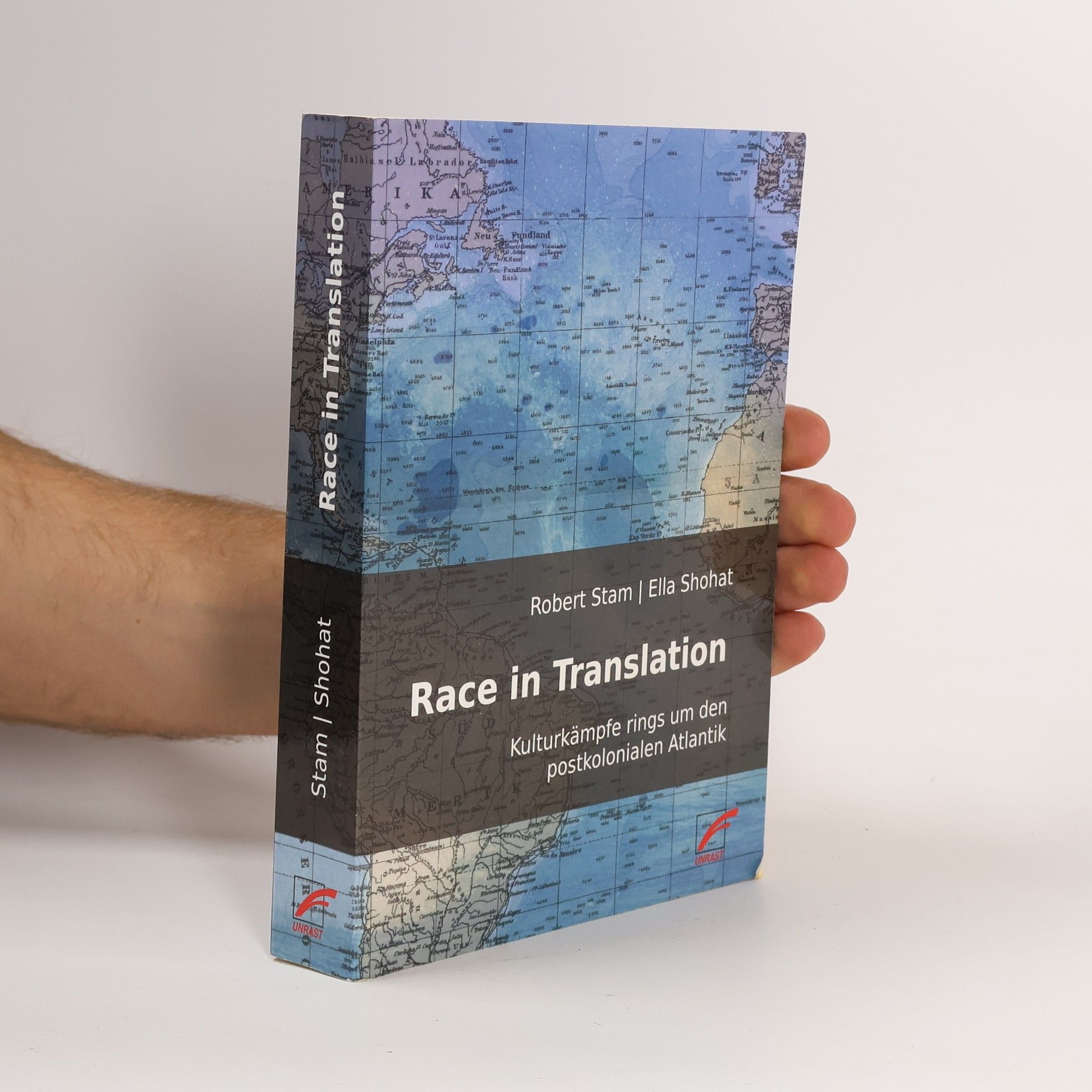Ella Shohat Livres
Ella Habiba Shohat est une professeure d'études culturelles qui examine de manière critique l'eurocentrisme et l'orientalisme à travers des prismes postcoloniaux et transnationaux. Elle a développé des approches importantes pour l'étude des Juifs arabes dans le contexte d'Israël et de la Palestine. Se définissant comme une Juive arabe, les analyses de Shohat sont appréciées pour leur profondeur et leur originalité. Ses essais et études influents invitent à la réflexion sur l'identité culturelle et les récits historiques.
